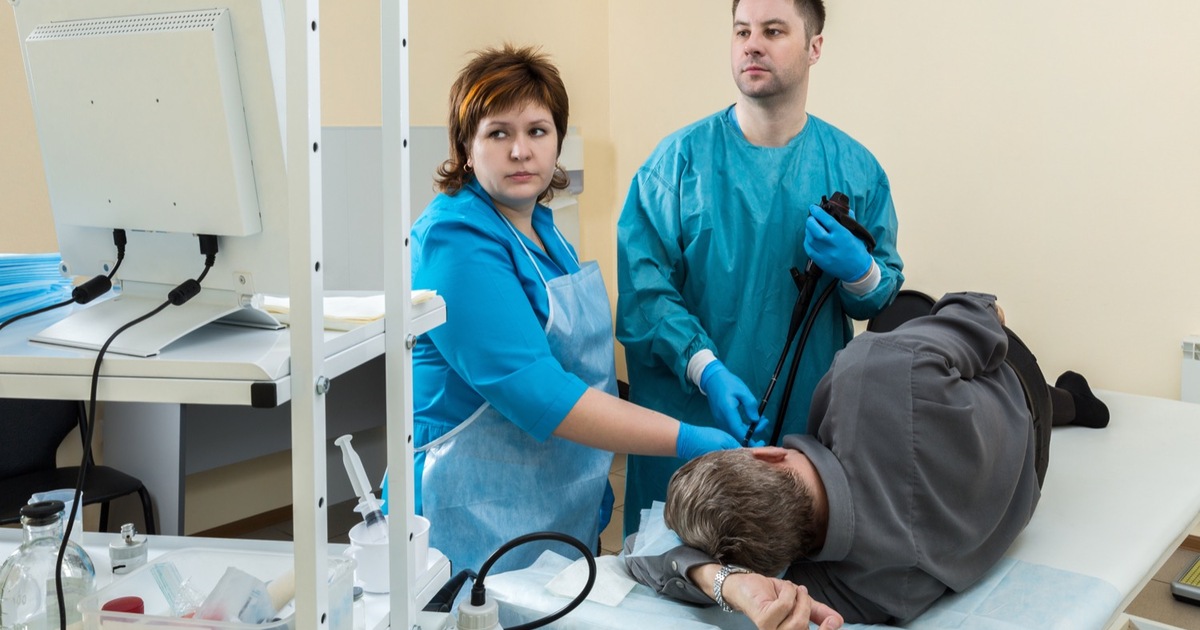What Are The Most Common Types Of Cancer?
Lung Cancer

Lung cancer, a malignancy that originates in the tissues or bronchus of an individual's lung, is considered to be one of the most prevalent types of cancer diagnosed in the population. Lung cancer acquires around 230,000 new cases each year in the United States, and approximately 143,000 deaths will be attributed to lung cancer annually. The primary reason for the development of lung cancer in the United States population is cigarette smoking. Out of all lung cancer deaths that occur each year, over eighty percent of them are caused by cigarette smoking. Both the duration and quantity of an individual's cigarette smoking have a significant influence on their risk of developing lung cancer. For these reasons, methods to screen patients who are former or current heavy smokers have been developed. The most effective lung cancer screening method is called low-dose spiral computed tomography. Patients who do develop lung cancer experience symptoms such as blood-streaked sputum, voice changes, recurrent pneumonia, persistent cough, chest pain, progressive shortness of breath, and recurrent bronchitis. Specialized imaging techniques and tissue biopsies are used for the diagnosis of lung cancer. Treatment for lung cancer may involve surgery if possible, chemotherapy, radiation therapy, immunotherapy, and or targeted drugs.
Continue to reveal more common types of cancer now.
Colon And Rectal Cancer

Colon and rectal cancer, often termed colorectal cancer, is a more common form of cancer among the population. Around forty-five thousand new cases of rectal cancer and about 102,000 new cases of colon cancer are diagnosed in the United States annually. Approximately fifty-one thousand deaths will be attributed to colon and rectal cancer each year. Because these types of cancer are so prevalent among the population, screening procedures have been developed and recommended for individuals older than forty-five. These screening procedures can prevent an individual from developing colon and rectal cancer by the detection and removal of precancerous growths before they have the chance to develop into cancer. Screening procedures also increase a patient's likelihood of detecting colon and rectal cancer at an early stage when it is easier to treat. An individual who does develop colon or rectal cancer will experience symptoms that include blood in the stool, change in stool shape, abdominal pain or cramping, weight loss, rectal bleeding, change in bowel habits, feeling that bowel is not empty, and decreased appetite. Colon and rectal cancer diagnosis are made with a colonoscopy, PET CT scan, and tissue biopsy. Treatment for colon and rectal cancer includes surgically removing the tumor with the addition of a colostomy for rectal cancer patients.
Get more details on the most common types of cancer now.
